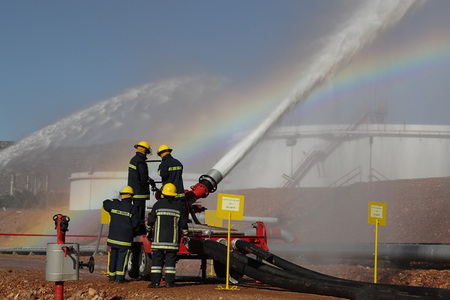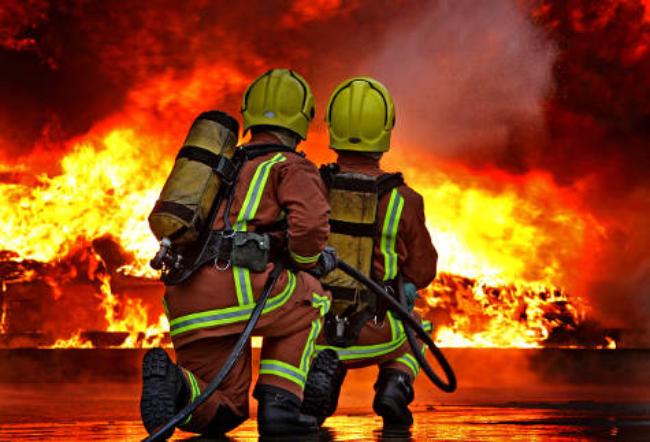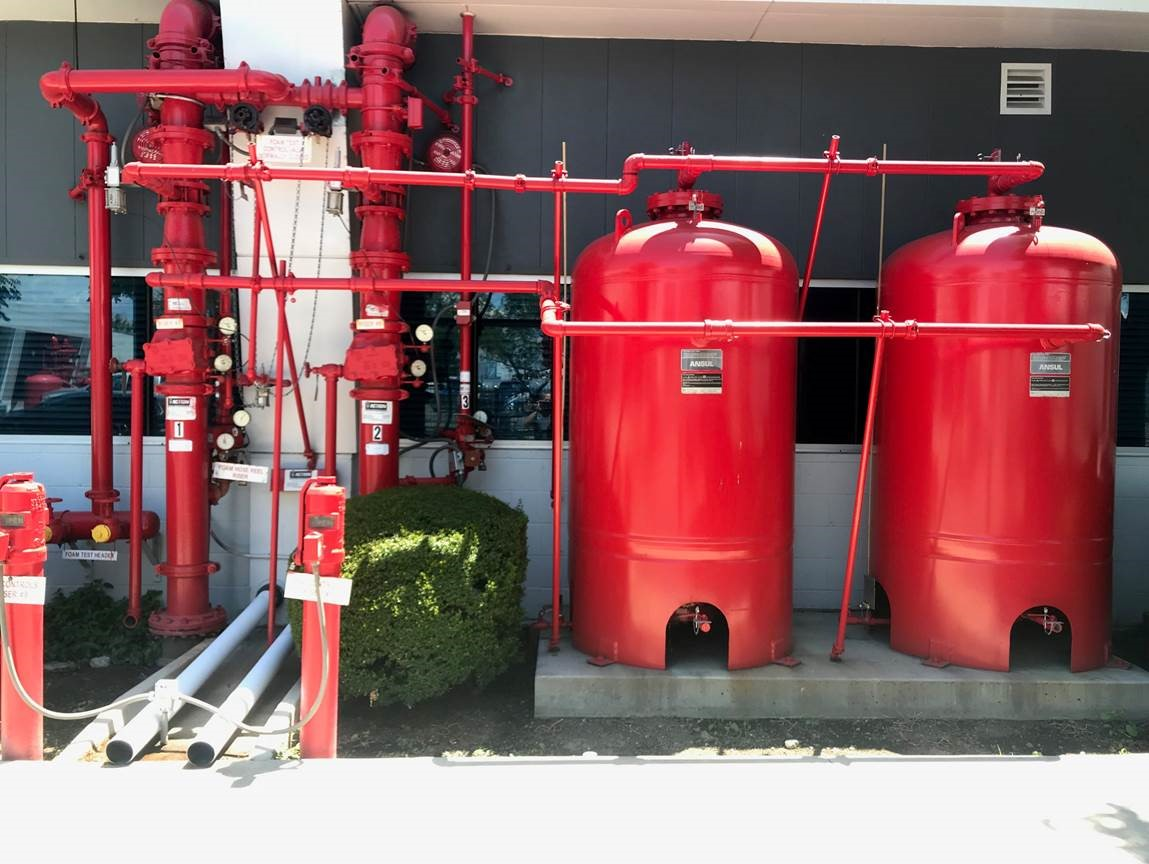.jpg)
.jpg)
To equip workers with the knowledge and skills necessary to identify and prevent fire hazards specific to oil and gas operations, understand proper response procedures in case of a fire, safely utilize firefighting equipment, and effectively contain and extinguish fires while prioritizing life safety and minimizing environmental damage, all within the context of complex oil and gas facility layouts and potential hazards.
Oil rig workers, Refinery personnel, Pipeline maintenance crews, and Safety officers in oil and gas companies.
This interactive Training will be highly interactive, with opportunities to advance your opinions and ideas and will include;
Understanding oil and gas fire behavior:
Foam application techniques:
Identifying fire hazards:
Personal protective equipment (PPE):
Emergency response procedures:
Firefighting equipment specific to the oil industry:
Incident command structure:
CDGA attendance certificate will be issued to all attendees completing minimum of 80% of the total course duration
| Code | Date | Venue | Fees | Register |
|---|---|---|---|---|
| HSE169-02 | 17-05-2026 | Manama | USD 5450 | |
| HSE169-03 | 30-08-2026 | Dubai | USD 5450 | |
| HSE169-07 | 29-11-2026 | Jeddah | USD 5450 |

The course will introduce the key principles of safety, security and fire management, prevention and control at a primary management level.

The course will introduce the key principles of safety, security and fire management, prevention and control at a primary management level and make delegates aware of and understand the vast range of ...

The history of fire accidents in industrial plants is full of total loss disasters that sometimes put the whole business to a dramatic end. The increased impact of fire accident on people and prosperi ...

This course is designed to provide essential knowledge and skills for basic firefighting at the workplace. Participants will learn how to respond effectively to fire emergencies, use firefighting equi ...
Providing services with a high quality that are satisfying the requirements
Appling the specifications and legalizations to ensure the quality of service.
Best utilization of resources for continually improving the business activities.
CDGA keen to selects highly technical instructors based on professional field experience
Since CDGA was established, it considered a training partner for world class oil & gas institution
3012, Block 3, 30 Euro Business Park, Little Island, Co. Cork, T45 V220, Ireland
Mon to Fri 09:00 AM to 06:00 PM
Contact Us anytime!
Request Info